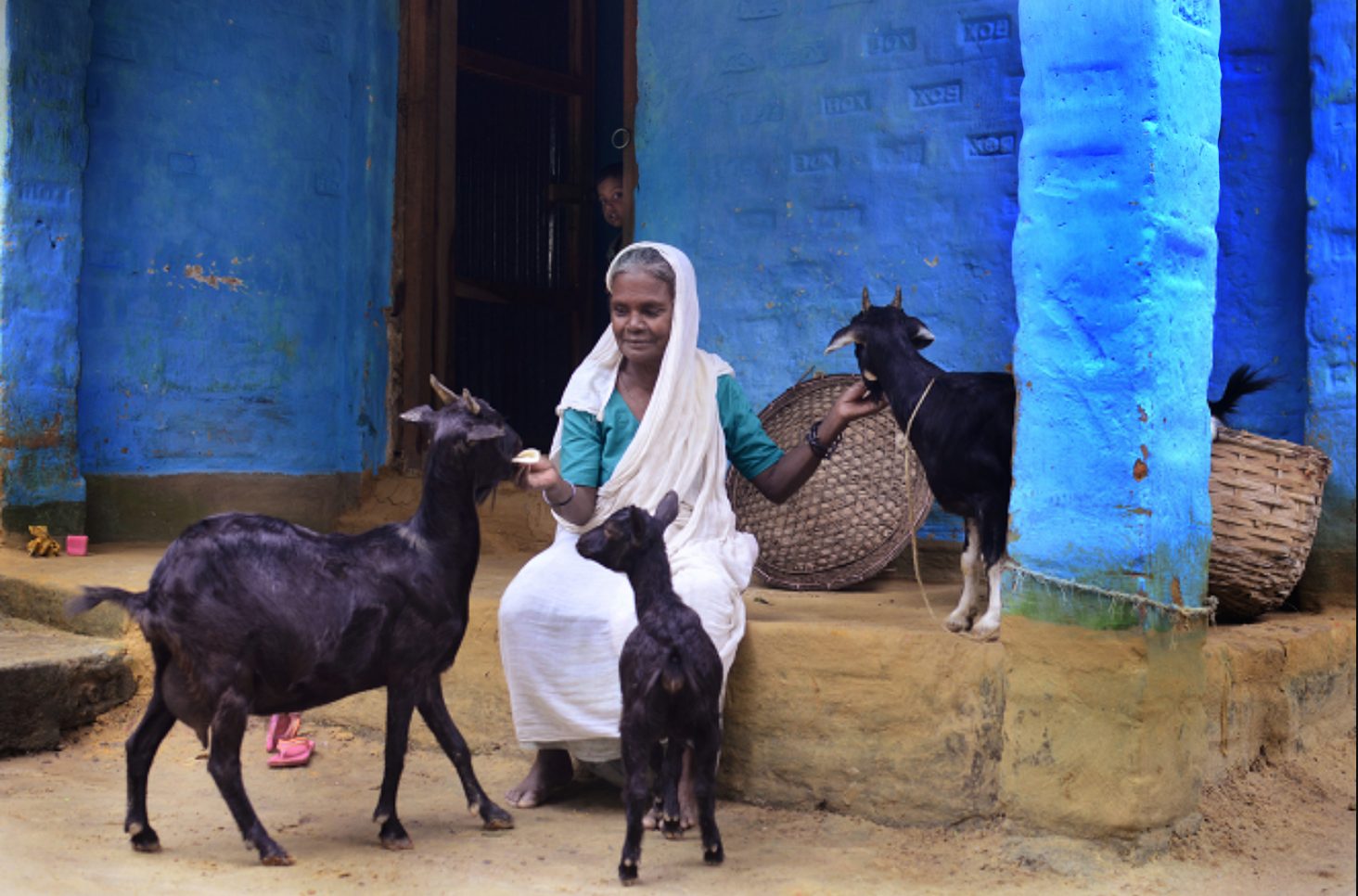Launch of the multi-year, multi-partner Global Burden of Animal Diseases programme
Animal health leaders and researchers from the Global Burden of Animal Diseases (GBADs) programme have secured US$7 million from the Bill & Melinda Gates Foundation and UK’s Foreign, Commonwealth, and Development Office, to rollout a framework on measuring animal health burdens and their impacts on human lives and economies. The information provided by GBADs will guide public policy and private sector strategy, contributing to improving animal health and welfare more effectively. It will also be a basis for further academic research.
Paris,19 January 2021 – Across the world, livestock production and aquaculture are critical to human nutrition and health. These animals play critical roles in society, providing income and food, but also clothing, building materials, fertilizer and draught power. However, the presence of endemic and emerging diseases, as well as other factors, negatively impact them, jeopardising their contributions.
Every year, hundreds of millions of dollars are invested globally on disease mitigation in order to improve livestock health and productivity. Yet, a systematic way to determine the burden of animal disease on the health and wellbeing of people is not available. It is still unknown how the burden is apportioned between smallholders and the commercial sector, or across regions and gender. Consequently, decision-makers lack the information to accurately assess whether their investments target the animal health issues that have the most significant impact on human wellbeing.
Measure to improve the management of animal diseases: A new programme
The GBADs programme, led by the World Organisation for Animal Health (OIE), the University of Liverpool, and a partnership of international institutions, will enable the examination of animal health and the disease burden from a different perspective. By assessing the global burden in economic terms, the programme will help identify the individuals and communities which are the most impacted, demonstrating how animal health is intrinsically linked to agricultural productivity, smallholder household income, the empowerment of women and the equitable provision of a safe, affordable, nutritious diet.
“It is more evident now for everyone that animal health and public health are interconnected and play an essential role in building a sustainable and healthy planet. Especially, if we succeed in incorporating the environmental and socioeconomic components”, said Dr Monique Eloit, OIE Director-General.
“The GBADs programme is a key part of our commitment to deploying our research capacity toward the welfare of humankind. The GBADs programme is crucial in building a world with zero hunger, good health, and equality for all, an urgent mission in which we are proud to play our part. We are grateful for the support of the Bill and Melinda Gates Foundation and UK’s Foreign, Commonwealth and Development Office, who are supporting this work in partnership with the OIE. Together, we will realise a brighter future for animal and human wellbeing”, highlighted Professor Dame Janet Beer, Vice-Chancellor, University of Liverpool.
The new partnership announced today will support the implementation of the GBADs programme. In a world where 1.25 billion people work in agriculture, this programme will have a positive impact on the Sustainable Development Goals contributing to Zero Hunger, Good Health and Well-being, Gender Equality; Decent Work and Economic Growth; and Responsible Consumption and Production.
NOTES FOR THE EDITOR:
GBADs is led by the World Organisation for Animal Health (OIE), the University of Liverpool, and a partnership of international institutions including the Commonwealth Scientific and Industrial Research Organisation (CSIRO) Australia; University of Guelph, Canada; the Institute for Health Metrics and Evaluation, University of Washington, United States; the International Livestock Research Institute (ILRI), Ethiopia; Murdoch University, Australia; Sciensano, Belgium; Washington State University, United States; University of Zurich, Switzerland; and the Food and Agriculture Organization of the United Nations (FAO).
The GBADs programme has also received funding from the Australian Centre for International Agricultural Research (ACIAR), Brooke and DG-Sante European Commission.
ACIAR has supported a feasibility study in Indonesia leading to proposal submission for a multi-year case study.
Brooke is a global animal welfare organisation which uses international development approaches to improve the lives of working livestock and the people who rely on them. As part of the GBAD project, Brooke is funding and co-supervising a four-year PhD study on ‘Burden of Animal Diseases of Working Equids’, together with the University of Liverpool.
DG-Sante is responsible for the European Union Commission’s policies on health and food safety and will support GBADs case studies in the European Region in 2021.
